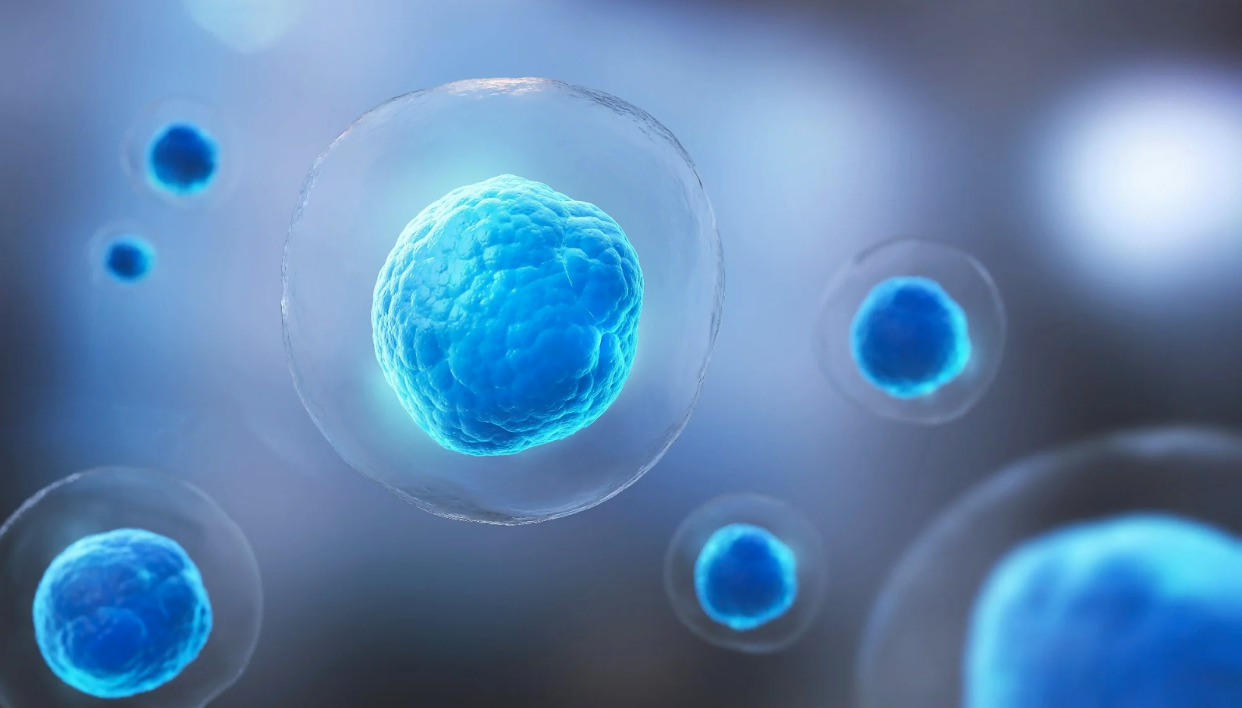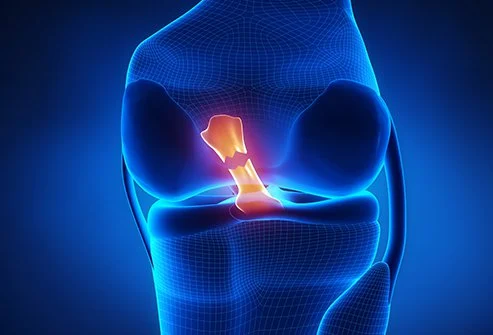Stem cells have gained much attention in the medical community (and beyond) in recent years. It’s not hard to see why; stem cells have the clever ability to self-renew, facilitating healing in many areas of the body once administered correctly. So, what about autoimmune conditions? Can stem cells cure autoimmune diseases? Discover everything you need to know about stem cells and their role in treating autoimmune conditions here at BioXcellerator.

About Autoimmune Conditions
Autoimmune conditions occur when the body attacks the wrong kind of cells – particularly cells that are there to help protect the body. For example, type 1 diabetes (an autoimmune disease) involves the immune system attacking the cells that would otherwise produce insulin in the pancreas, leading to a body that cannot naturally produce insulin on its own.
Currently, there are over 80 types of autoimmune conditions. These are the most common:
- Rheumatoid Arthritis
- Type 1 Diabetes
- Multiple Sclerosis
- Lupus
- Crohn’s Disease
- Psoriasis
- Psoriatic Arthritis
- Celiac Disease
- Inflammatory Bowel Disease
Autoimmune diseases tend to affect women more than men. While men can get autoimmune conditions, women make up around 80% of cases, which is a pretty significant amount.
What Are Stem Cells?
Before understanding the role of stem cells in autoimmune diseases, first, let’s get to grips with what stem cells are. Stem cells naturally occur in the human body and are capable of tissue repair and regeneration, which makes them invaluable when it comes to health maintenance. They manage this thanks to their incredible ability to self-regenerate and turn into new cells that match their environment. As such, stem cell treatments can treat a wide variety of conditions, from degenerative diseases to autoimmune conditions.

Stem Cells and Their Role in Treating Autoimmune Conditions: How it Works
It might make sense that stem cells can heal injuries thanks to tissue regeneration, but how does it work for autoimmune conditions? Many autoimmune conditions result in damaged organs. By administering stem cells to the affected organs, the cells can then repair and regenerate those organ cells, leading to healing. As a result, many autoimmune conditions’ symptoms can be reduced and regressed through this type of treatment. On top of that, stem cells have anti-inflammatory properties, which can also assist with the treatment of many autoimmune conditions like inflammatory bowel disease.
Do Stem Cells for Autoimmune Diseases Make a Difference?
You now understand the theory behind it, but is there any tangible scientific proof to it? The answer is yes. Many studies have shown the efficacy of this treatment. Researchers evaluated how safe and efficient a stem cell transplant was for treating a range of autoimmune conditions, including multiple sclerosis, rheumatoid arthritis, and systemic lupus erythematosus. The results were pretty incredible, with many patients experiencing relief from their symptoms. For example, those with rheumatoid arthritis experienced a 50% reduction in knee pain, while people with multiple sclerosis who received MSC treatments also experienced improved symptoms. When it comes to stem cells for autoimmune diseases, scientific research is definitely on its side.
Can Stem Cells Cure Autoimmune Diseases?
It’s important to know that stem cell therapy cannot actively cure autoimmune diseases. It doesn’t target the root cause of the body attacking healthy cells. Instead, stem cell therapy aims to manage the symptoms such as joint pain, swelling, inflammation, and fatigue. It’s a fantastic treatment for this reason, but you cannot expect it to cure the autoimmune disease. Unfortunately, research into autoimmune diseases is still ongoing – hopefully, one day researchers will uncover a cure.

What to Expect from Stem Cell Therapy for Autoimmune Diseases
Stem cell treatments for autoimmune diseases often involve an intravenous treatment. You’ll receive an injection of mesenchymal stem cells into the affected area by a trained physician. Following that, you’ll go through a recovery period. It’s best to choose a stem cell clinic with practice and experience in administering stem cell injections specifically for autoimmune diseases – you are in safe hands with us here at BioXcellerator, as we have provided plenty of patients with this treatment and have assisted in multiple happy outcomes. There’s a reason we are global leaders in stem cell treatments.
What Determines the Success?
Everyone who seeks stem cell therapy for autoimmune conditions is different, and various things determine whether the treatment will succeed. Some factors that affect this include the age of the patient, the severity of the condition, and how long they have had the autoimmune disease.
Of course, it’s best to speak directly to a healthcare professional about the potential for success in your situation. You might find that stem cell therapy is the treatment you have been looking for to finally tackle the unpleasant symptoms of your autoimmune condition.
Stem Cells and Their Role in Treating Autoimmune Conditions: Final Thoughts
Stem cells play an incredible role in treating autoimmune conditions. While stem cells cannot cure autoimmune conditions, they have been proven to alleviate many symptoms, including pain, swelling, and inflammation. This is a significant breakthrough and excellent news for those suffering from such conditions. Diseases like rheumatoid arthritis, inflammatory bowel disease, multiple sclerosis, and type 1 diabetes are very common, and a treatment such as this one can make a difference.
Are you interested in stem cell therapy? You are in the right place. Whether you have had an autoimmune condition your entire life or have only recently been diagnosed, we can help you. The BioXcellerator team has plenty of experience with MSC-based stem cell treatments and is happy to help you on your healing journey. Contact the team today to get started.


